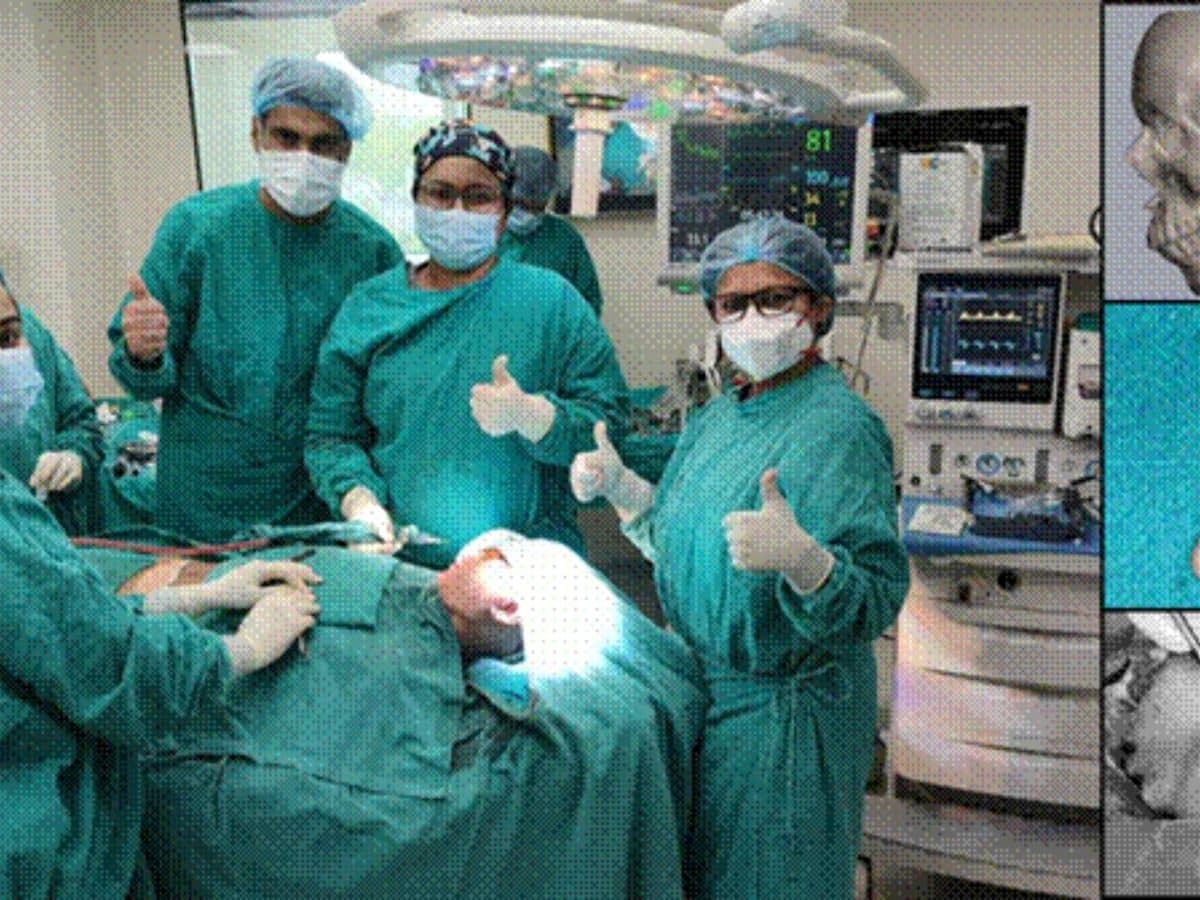In a groundbreaking advancement for India’s medical technology sector, the clinical team at Maulana Azad Institute of Dental Sciences (MAIDS), New Delhi, successfully performed the country’s first customised Temporomandibular Joint (TMJ) implant procedure on four patients. This milestone reflects India’s growing capabilities in indigenous medical device innovation and the synergy between research institutions and clinical expertise.
Homegrown Innovation for Affordable Healthcare
The TMJ implant was developed indigenously at the ICMR-DHR-MedTech Product Development Acceleration Gateway of India (mPRAGATI) at IIT Delhi, under the guidance of the Medical Device and Diagnostics Mission Secretariat (MDMS). This initiative marks a major step toward reducing reliance on imported implants and making high-quality medical devices more affordable for Indian patients.
Union Health Minister J.P. Nadda highlighted the significance of this achievement, stating, “The successful implantation of a customised TMJ implant demonstrates how homegrown innovation, supported by strong research and policy frameworks, can deliver affordable and impactful healthcare solutions.” ICMR Director General Dr. Rajiv Bahl added that the project exemplifies the power of collaboration between engineers, clinical experts, and researchers in translating innovation into real-world health solutions.

Key Advantages of the Indigenous TMJ Implant
Technical Excellence: Custom-designed for enhanced jaw movement, stability, and aesthetics, with dedicated muscle attachment features for quicker recovery.
Cost-Effective: Priced at nearly one-fifth of Indian industry-made versions and one-eighth to one-tenth of imported implants, making treatment more accessible.
Faster Delivery: Local manufacturing reduces turnaround time to approximately two weeks, enabling quicker treatment and recovery for patients.
A Model for Future Medical Innovation
This success story demonstrates how India’s indigenous research can be translated into practical healthcare solutions. The collaboration between MAIDS, ICMR, and mPRAGATI-IIT Delhi sets a scalable model for future personalised implants and other medical device innovations. By combining clinical insights with advanced biomedical engineering, India is making significant strides toward affordable, high-quality healthcare technologies.


